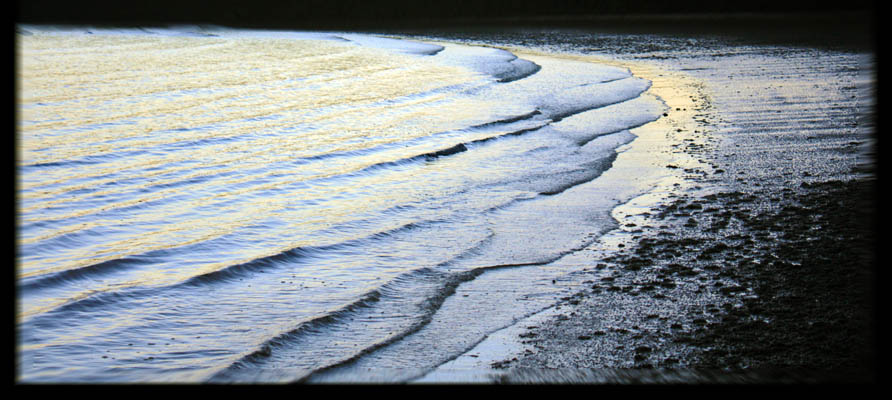1. You were surfing the Internet yesterday. You somehow drifted to the Wikipedia home page. You clicked the “Random Article” link. It brought you to Swash:
Swash, in geography, is known as a turbulent layer of water that washes up on the beach after an incoming wave has broken.
2. You don’t intend to drift. You don’t mean to get lost. You worry that the currents will pull you far from land, send you circling aimlessly, repeatedly, without hope of ever reaching a destination.
You intend to get somewhere. You want to make a big splash. You dream of making an impact in the world.
3. In an experiment, people like you were paid $3 to take a test and turn the test in to a examiner. The examiner would do one of three things:
- Look at the test, say “uh-huh” and put the test in a pile.
- Put the test in the pile without looking at it or saying anything.
- Immediately shred the test.
Then you were offered 30 cents less ($2.70, then $2.40, etc.) to retake the test.
If your work was acknowledged, even ever so slightly, you retook the test far more often than if your work was ignored or shredded. In fact, having your work be ignored was almost as bad as having your work be shredded. You are not primarily motivated by money. You get meaning out of your work from the acknowledgement of other people.
4. Swash is the middle ground between meaningful work and Sisyphean uselessness. Swash is where you end up when your dreams are broken.
5. You have edited a few Wikipedia entries in the past. You don’t know if your efforts made Wikipedia better or not. Nobody acknowledged your work. You don’t know if your edits still persist. Most likely, they have all been rewritten or deleted.
Much of your writing — your blogging, your tweeting — is like that. The big waves, the ones that people notice, the ones that persist in people’s minds, break just beyond your reach. Maybe you make a small impact, for a short moment, in a small corner of the world. A couple retweets here, a nice comment there. In the long run, though, all your efforts scroll off the screen and end up ignored and forgotten in a mighty ocean of data.
6. It turns out that you are not a mighty wave. You struggle and travel a great distance to land upon that shore, and all you end up doing is wiggling a pebble or two. In the great scheme of things, you barely matter. You slink back into the sea.
7. Perhaps that random Wikipedia entry was an omen. Perhaps you should click that random link again. And again. And again.
For you are Swash, a small turbulent layer of water along the shoreline, coming and going with the tides, whose meager purpose is simply to expose and acknowledge other forgotten and ignored fossils, just like yourself.
Uh-huh.

